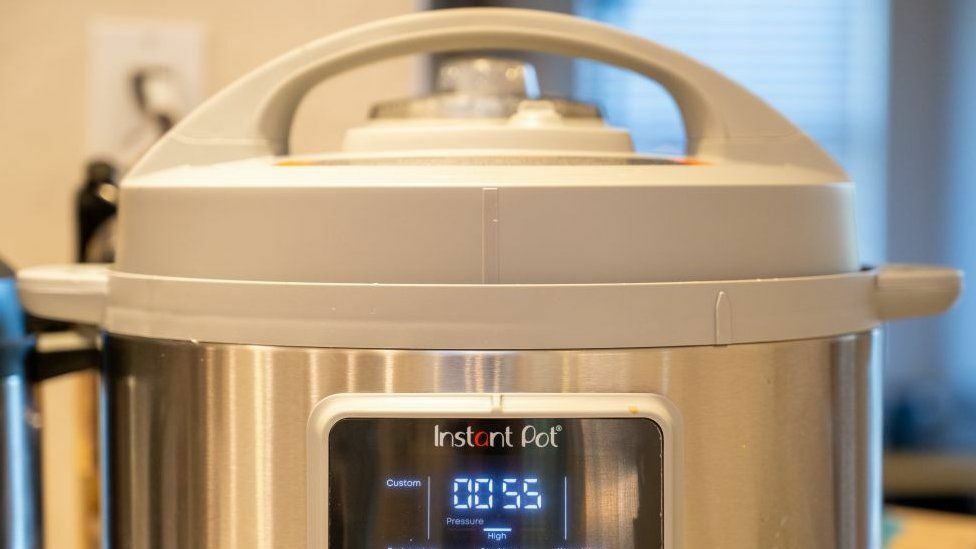Instant Brands files for bankruptcy amid $1bn liabilities, weak demand

Instant Brands, the company behind Pyrex glassware and Instant Pot multicookers, has filed for bankruptcy protection, citing liabilities of up to US$1bn. The firm attributes its financial troubles to high interest rates and weak demand. With over 2,400 employees, Instant Brands plans to continue operations while restructuring the business. This follows a warning from fellow kitchenware brand Tupperware in April, which stated it could face bankruptcy unless it secured new financing.
Despite strong sales during the pandemic, Instant Brands’ President and CEO, Ben Gadbois, said that “tightening of credit terms and higher interest rates impacted our liquidity levels and made our capital structure unsustainable.” As part of the bankruptcy process, the company has appointed Adam Hollerbach as its chief restructuring officer. Hollerbach noted in a court filing that sales dropped as consumers reduced spending on home goods post-pandemic.
The Illinois-based company, controlled by private equity firm Cornell Capital, will continue operations during the restructuring process, supported by US$132.5m of new financing from existing lenders. S&P Global downgraded Instant Brands last week, revealing that its net sales for the first three months of 2023 had fallen by almost 22% compared to the previous year. This decline comes as consumers cut back on non-essential spending due to rising costs for items such as food and electricity.
In January, Instant Brands agreed to pay a fine and change its marketing practices to settle US Federal Trade Commission (FTC) claims that it falsely advertised Pyrex glass measuring cups as “Made in USA” while importing some of them from China. The company’s portfolio includes the century-old cookware brand Pyrex, Instant Pot, and other kitchenware brands such as Corelle, CorningWare, and Snapware.
Meanwhile, Tupperware, the 77-year-old US food storage container manufacturer, has been struggling to reposition itself for a younger audience and halt declining sales. The company warned in April that there was “substantial doubt about its ability to continue as a going concern” unless it could secure new financing quickly.
Latest Thailand News
Follow The Thaiger on Google News:
























